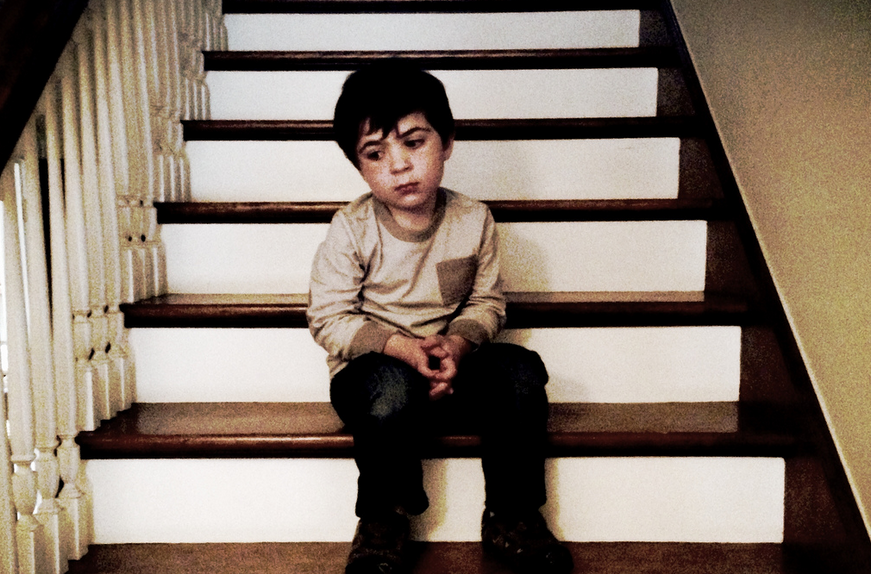A recent headline in the Telegraph ran as follows: “Thousands of children receive counselling for loneliness.”
The article goes on to explain how the British counseling service, Childline, has seen an uptick in the number of children seeking help for their feelings of isolation from both friends and family.
According to the Telegraph, Childline lists three possibilities for this increased isolation. These include:
- The rise in single-child families, which automatically eliminate the possibility of lifelong sibling friendships.
- The increase of social media, which puts pressure on children while also distracting their parents.
- The decline of dinnertime, which prevents parents and children from interacting for an extended period.
Without doubt, these issues are very real problems which play a big role in the increased loneliness of children. But is there a greater problem underlying these issues? Professor and author Christopher Lasch suggested there is.
Writing in The Culture of Narcissism, Lasch suggested a similar problem stemmed from something he called “the transfer of functions,” which has taken Western nations by storm in recent decades:
“The first step in the process, already taken in some societies in the late eighteenth century, was the segregation of children from the adult world, partly as a deliberate policy, partly as the unavoidable result of the withdrawal of many work processes from the home. As the industrial system monopolized production, work became less and less visible to the child. Fathers could no longer bring their work home or teach children the skills that went into it. At a later stage in this alienation of labor, management’s monopolization of technical skills, followed at an even later stage by the socialization of childrearing techniques, left parents with little but love to transmit to their offspring; and love without discipline is not enough to assure the generational continuity on which every culture depends. …
These changes, which are inseparable from the whole development of modern industry, have made it more and more difficult for children to form strong psychological identifications with their parents. The invasion of the family by industry, the mass media, and the agencies of socialized parenthood has subtly altered the quality of the parent-child connection. It has created an ideal of perfect parenthood while destroying parents’ confidence in their ability to perform the most elementary functions of childrearing.”
It’s hard to deny the truth of Lasch’s words. As a society, we have been conditioned to believe that “experts” know best how children should be raised and families should operate.
But have these same “expert” opinions caused parents to back off from their children? Have feelings of inadequacy driven them to only have one child and to push the raising of that child off onto sports, school, and other activities, all which must be paid for by time-intensive jobs which drive the parents further away from the child?
If we want to reverse the isolation and loneliness today’s children are experiencing, do we need to first examine the “transfer of functions” which have usurped the traditional role of the family?
Image Credit: Russ (cropped) bit.ly/1jxQJMa
















Leave a Comment
Your email address will not be published. Required fields are marked with *